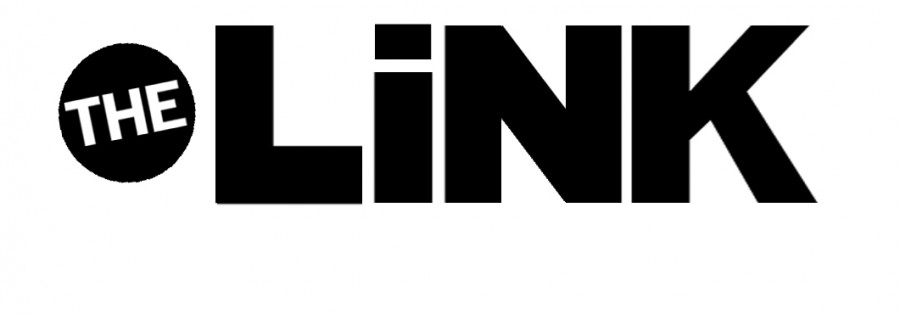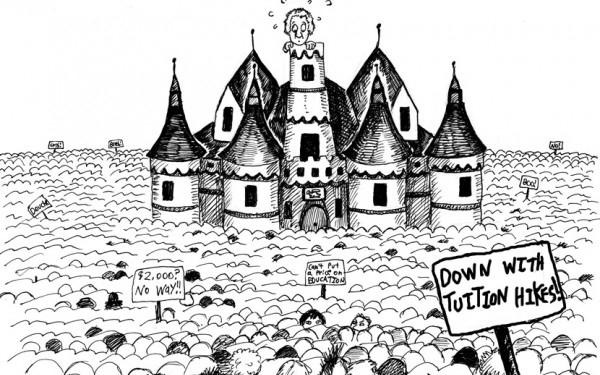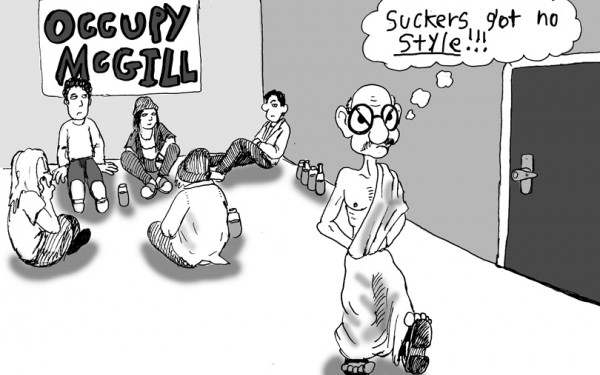Editorial
A Tale of Two ‘sities
The university is an institution in a state of flux. The concept of a university hasn’t ever been set in stone, but universities today, as with much of Western culture, seem to be changing their stripes a little faster than we may be used to. Chief among these changes is a shift of priorities away from knowledge and towards money.
Every university has a bottom line. In order to provide the best possible education for its students, a university needs a lot of money. Money that a university like, say, McGill, simply can’t get from tuition and alumni donations.
How do they respond? By getting that money from big corporations whose deep pockets can make magic happen.
McGill seems to have forgotten that there’s no such thing as a free lunch. When you’re in bed with big corporations, it’s the corporations who call the shots.
McGill Deputy Provost Morton Mendelson, who seems to have happily taken on the role of the bad guy this month, will tell you that’s not the case. He’ll tell you that he’s not shutting down the 17-year-old student-operated Architecture Café because of McGill’s new food deal with Aramark, which guarantees the food service company little on-campus competition and higher profits.
He’ll also say that his decision had nothing to do with the Arch Café’s policy of reasonable pricing that makes it a tempting alternative.
He’ll tell you the Café was losing money, despite the fact that the university oversaw their finances for the past three years and he won’t release the numbers. He’ll tell you, with a straight face, that he couldn’t foresee the café ever making money and that McGill can’t afford to subsidize anyone’s lunch.
Meanwhile, at Concordia, things are a little different. We’re home to two institutions who would probably give Mendelson a heart attack: there’s 37 cents per credit fee levy recipient The People’s Potato, a free vegan eatery; and another fee levy group, Le Frigo Vert, a self-described “anti-capitalist food store.”
The Link is not saying that Concordia isn’t in bed with a big corporation or three. However, it’s comforting to see that a policy of slowly forcing students out of their own institutions, treating them like children and turning the profit-making over to big business is, at least for the moment, contained north of Sherbrooke Street.
I’m not one to foster unnecessary competition, sniping and ill-will between the two universities, but it seems like this is a pretty night-and-day situation as far as priorities go.
On the one hand we have unsubsidized, bland, streamlined Aramark food blocking out all competition. On the other we have a thriving community all about eco- and human-friendly cheap food.
Lets learn from McGill, lets keep it that our way.
—Alex Manley, Interim Literary Arts Editor
This article originally appeared in Volume 31, Issue 06, published September 21, 2010.







